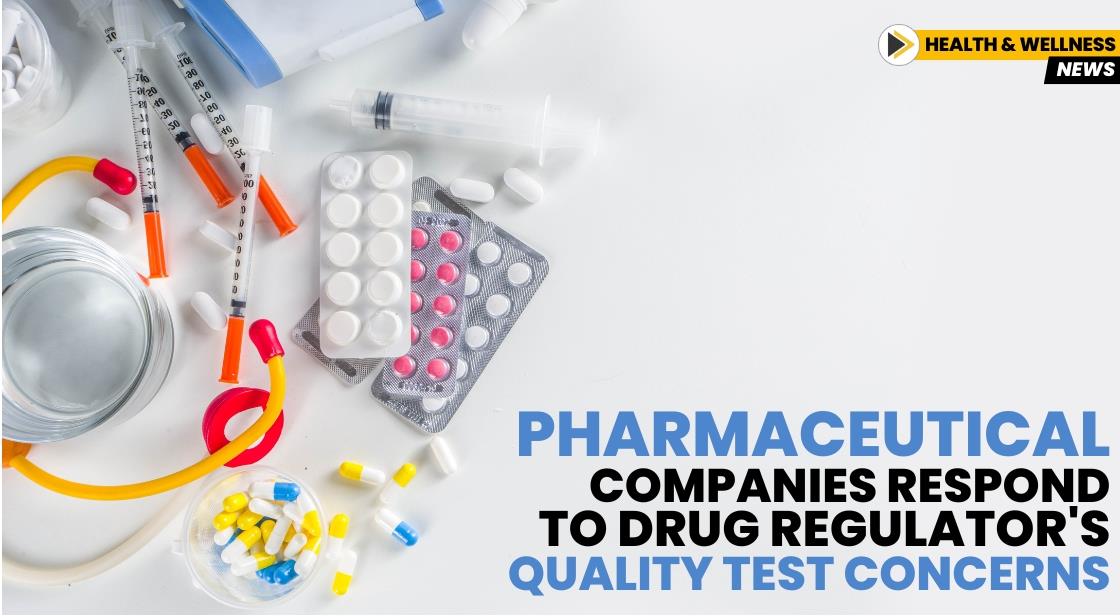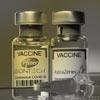Pharmaceutical Companies Respond to Drug Regulator's Quality Test Concerns

News Synopsis
The Indian Pharma Alliance (IPA), representing 23 major pharmaceutical companies, including Sun Pharma, Lupin, and Cipla, has stepped forward to defend its members in light of recent concerns raised by the Central Drug Standard Control Organisation (CDSCO). In August 2024, the CDSCO flagged 53 commonly used medicines for failing quality tests, prompting the IPA to emphasize the importance of distinguishing between Not of Standard Quality (NSQ) drugs and spurious drugs.
CDSCO’s Report on Drug Quality
The CDSCO’s report highlighted over 50 medications classified as NSQ, including well-known products such as Clavam 625 and PAN-D from Alkem, Pantocid and Pulmosil from Sun Pharma, and Telma H from Glenmark. This identification has raised serious concerns within the pharmaceutical community, as it could negatively impact the reputation of legitimate manufacturers.
Distinction Between NSQ and Spurious Drugs
In its response, the IPA underscored the need to differentiate between NSQ drugs and spurious products. NSQ drugs may be flagged due to issues like incorrect labeling, inaccurate ingredient quantities, or minor quality concerns, whereas spurious drugs are outright counterfeits. The IPA argued that conflating these categories unfairly tarnishes the reputation of genuine manufacturers and could lead to a loss of consumer trust.
Reputational Risks for Pharma Companies
The IPA warned that linking spurious drugs to reputable companies could irreparably damage their reputations and undermine India’s position as a reliable drug exporter. Such implications could have far-reaching effects, not just for individual companies but for the entire Indian pharmaceutical industry, which is recognized globally for its contributions to healthcare.
Company Responses to CDSCO Findings
In light of the CDSCO’s findings, several pharmaceutical companies have issued clarifications. For instance, Sun Pharma, Glenmark, and Alkem have stated that the batches flagged were spurious and not produced by them. Torrent Pharma also clarified that the Shelcal 500 batch in question was not their product, further emphasizing the importance of maintaining integrity in their operations.
Call for Transparency from Regulatory Bodies
Pharmaceutical experts, including activist Dinesh Thakur, have called for greater transparency from the CDSCO. Thakur suggests that the organization should publish investigation details to clarify whether the flagged drugs are counterfeit or genuine. This transparency could help restore trust among consumers and within the industry itself, providing clarity on the true nature of the reported quality failures.
The Impact of Counterfeit Drugs in India
A 2022 study by the Associated Chambers of Commerce and Industry of India (Assocham) revealed that around 25 out of every 100 drugs in the market are either fake, counterfeit, or substandard. This alarming statistic highlights the pervasive issue of counterfeit drugs in India and the urgent need for effective measures to combat this problem.
Recent Incidents of Spurious Drugs
Recent headlines have drawn attention to the issue of counterfeit antibiotics supplied to government hospitals in Maharashtra. Reports indicate that these products were nothing more than talcum powder mixed with starch, underscoring the gravity of the counterfeit drug menace. Such incidents not only endanger public health but also erode consumer confidence in the pharmaceutical industry.
Measures Taken by Government and Pharma Companies
Both the government and pharmaceutical companies have taken significant steps to combat the issue of spurious drugs. Major firms have integrated unique features and QR codes into their packaging, enabling consumers to verify the authenticity of their products. These measures are intended to ensure that genuine products can be distinguished from counterfeits easily.
Regulatory Actions
In December 2023, the government took a decisive step by revoking the licenses of 18 pharmaceutical companies as part of a broader strategy to enhance drug quality and safety. This action was accompanied by increased quality checks and inspections across the industry, demonstrating a commitment to upholding rigorous standards in pharmaceutical manufacturing.
The Need for Vigilance and Regulatory Reforms
Despite these efforts, experts stress that greater vigilance may be necessary to effectively address the ongoing challenges posed by counterfeit drugs. Some suggest that tighter regulations and stricter enforcement mechanisms could be essential in combating the spread of spurious products. As the industry continues to evolve, collaboration between government agencies and pharmaceutical companies will be crucial in safeguarding public health and maintaining the integrity of the pharmaceutical supply chain.
Conclusion
The ongoing dialogue between the Indian Pharma Alliance and regulatory authorities underscores the complexities of maintaining drug quality in a challenging environment. With the rise of counterfeit products posing significant risks, both industry players and regulators must work collaboratively to ensure that genuine drugs are accurately identified and that public trust in the pharmaceutical sector is restored. The IPA’s efforts to differentiate between NSQ and spurious drugs are a crucial step toward achieving these goals, paving the way for a more reliable and trustworthy pharmaceutical landscape in India.
You May Like









